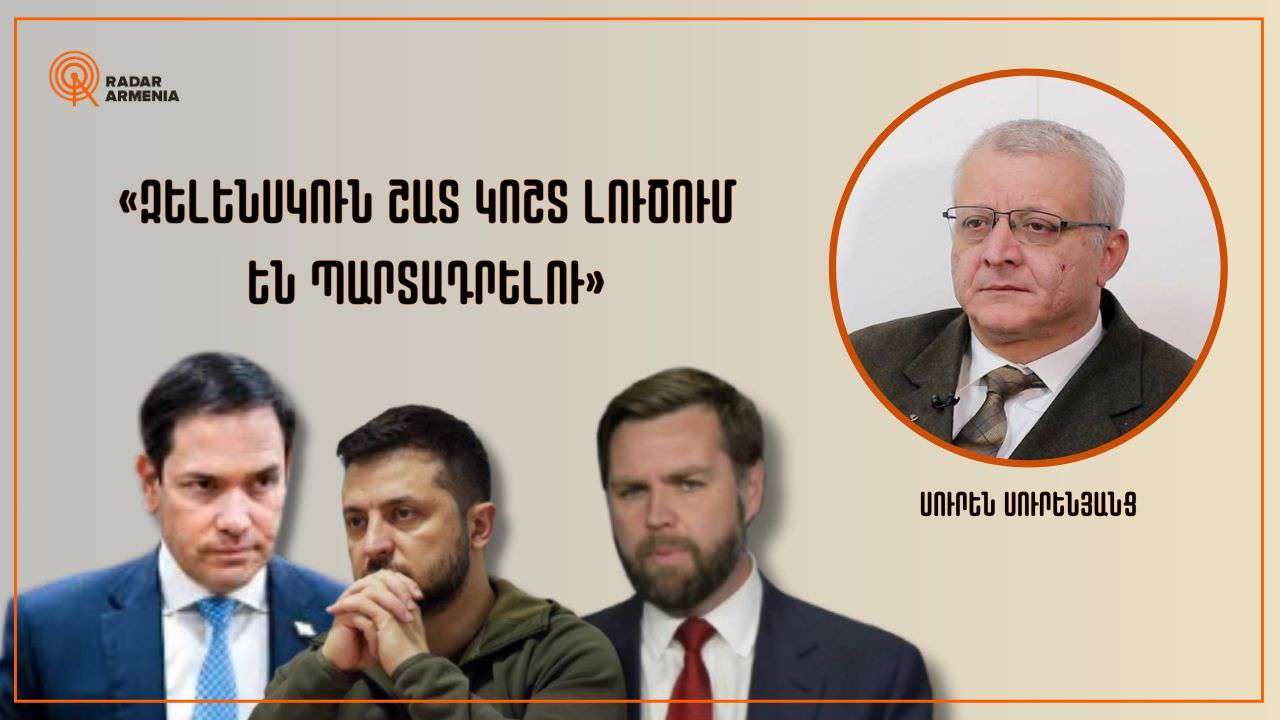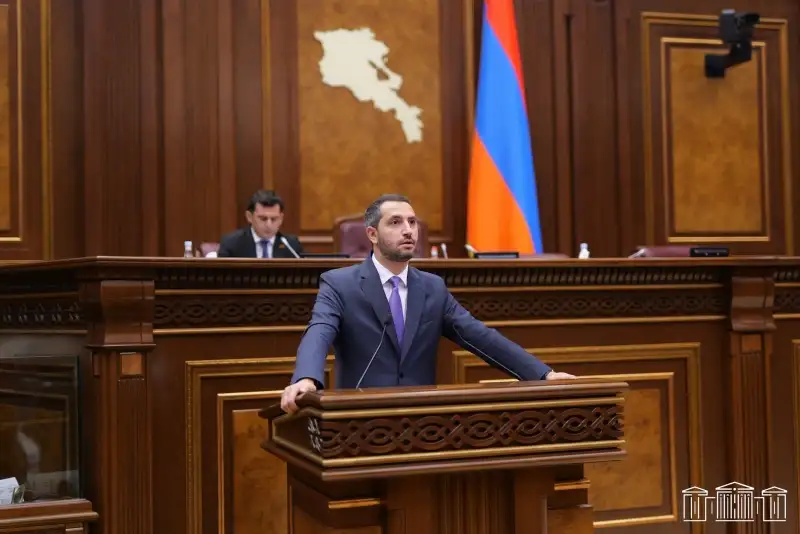Radar Armenia's interlocutor is Suren Surenyants, the chairman of the Democratic Alternative party.
- The key part of Putin and Trump's phone conversation was resolving the Russian-Ukrainian war. How would you comment on what happened? How close is the cessation of the war?
- It would be naive to assume that the war can be stopped through one mediation or as a result of one phone conversation because Trump and Putin are discussing more global issues. In essence, this issue concerns the formation of a new world order. In this context, Ukraine is a key link because the Ukrainian war is one of the keys to forming a new world order. If I put it a little more harshly, we are talking about a new division of the world. Moreover, this concerns not only Ukraine but also our region. Due to the sometimes adventurous policy of its leadership, Ukraine will become the first object of these new agreements. But we should follow the developments very carefully. In the context of that phone conversation, it is at least funny when the bill on EU membership was adopted in the first reading. Not understanding the trends so much and living with illusions in the midst of all this means agreeing to pay a price, a very high price. A new world order is being formed, where adventurism can be expensive for any small state.
- What results can the meeting of US Vice President Vance, Secretary of State Rubio, and Zelensky in Munich yield, and what will it change in the current situation?
- Obviously, a very tough solution will be imposed on Zelensky. Of course, it will not happen immediately. It will take months because achieving peace or a ceasefire sometimes occurs through a new escalation through negotiations, but Ukraine will be the one to pay the price. We are talking about the division of that country. Zelensky will have to agree to significant territorial losses but will not receive any guarantees of NATO membership. This is obvious. Even after the phone conversation between Trump and Putin, some of Trump's statements speak about this.
- The White House has rejected the proposal to meet with Vladimir Putin and Donald Trump in China. What do you think is the reason for this rejection, and will the US and Russia unite against China, considering Russian-Chinese relations?
- It is a tricky question of who will unite against whom. I do not want to make such predictions now, but I can say one thing: Russia and the United States may have a common agenda on many issues. Why don't they want to meet in China? The United States prefers to do it in a more neutral place, in an Arab country.
Hayk Magoyan


















